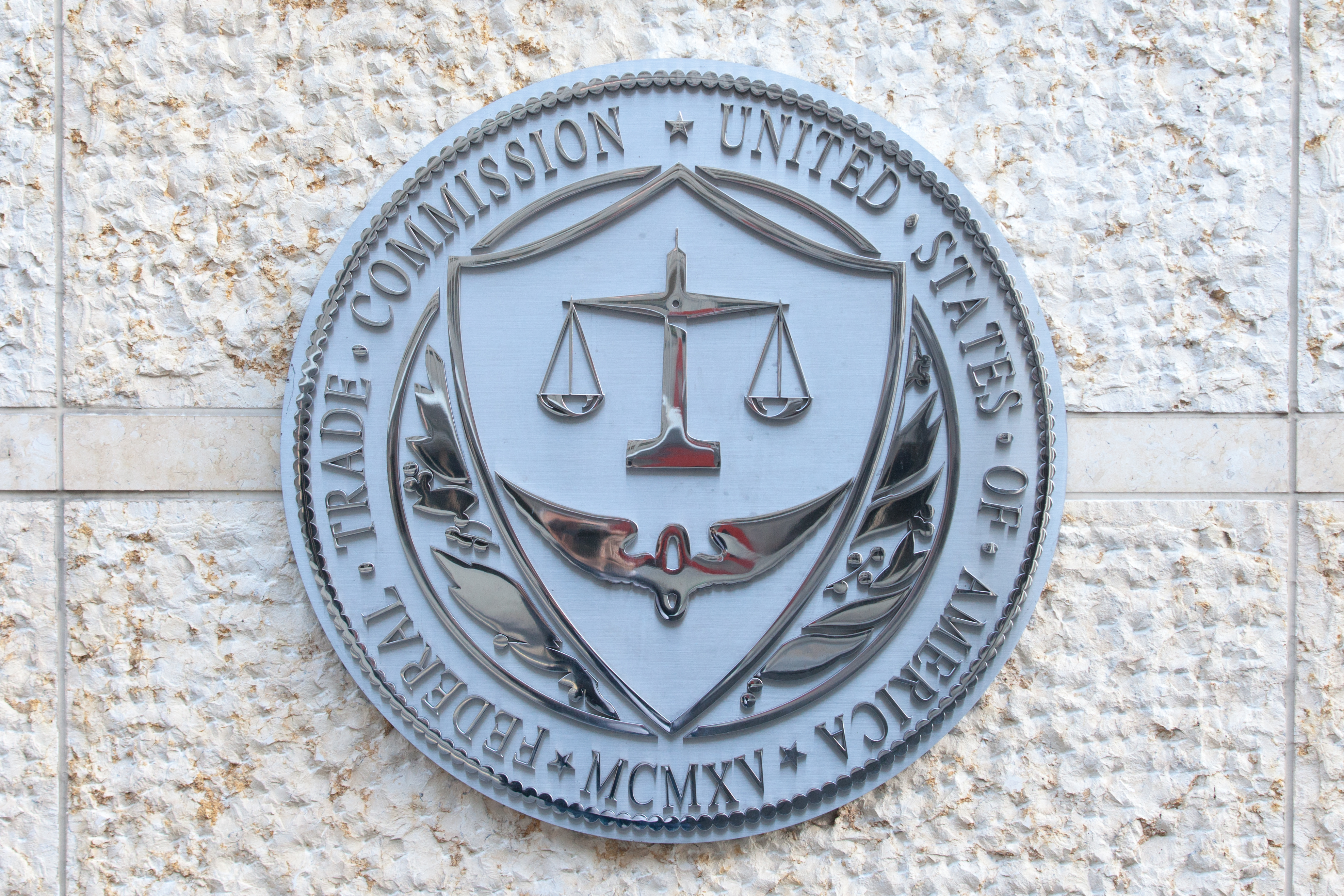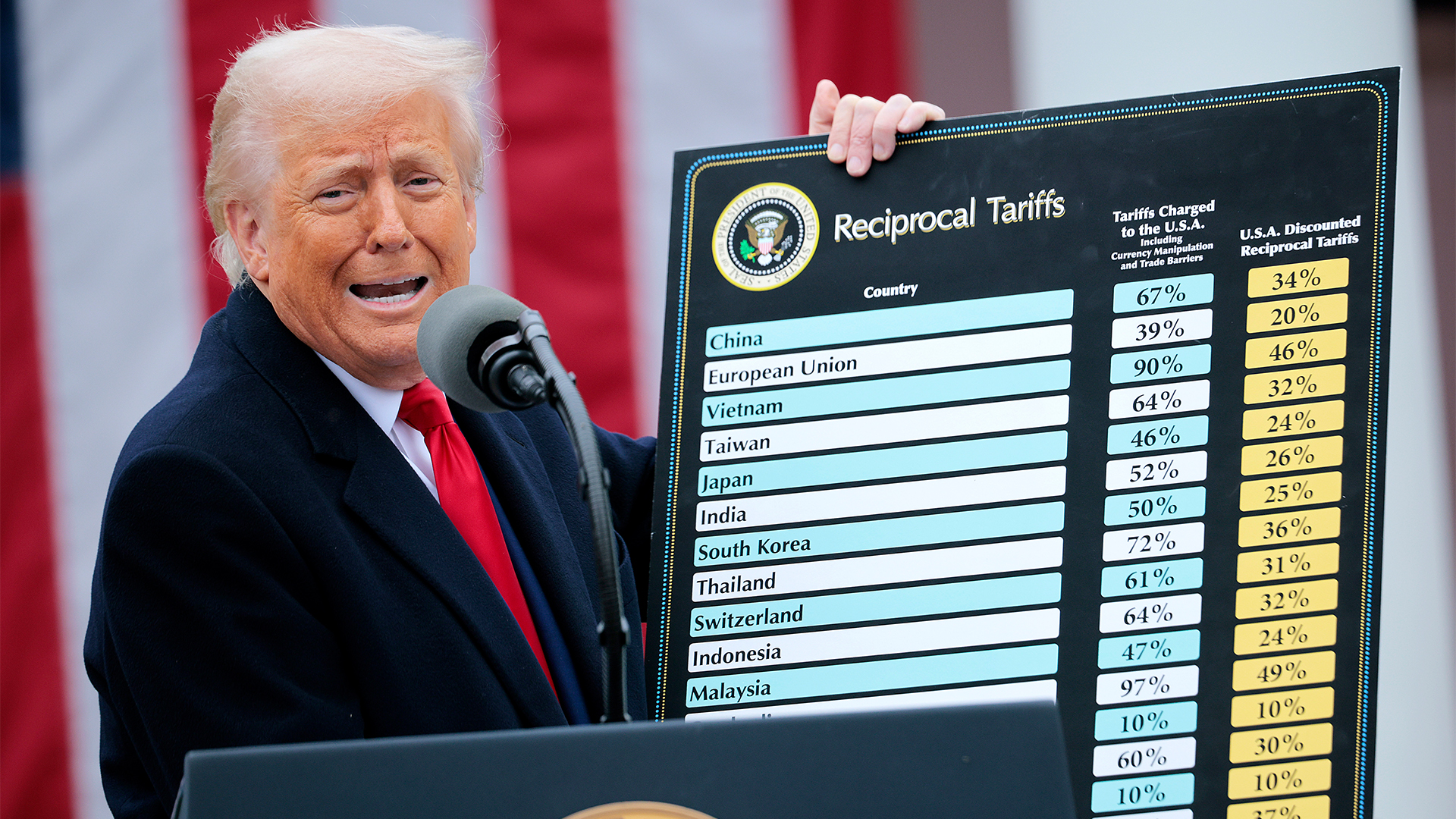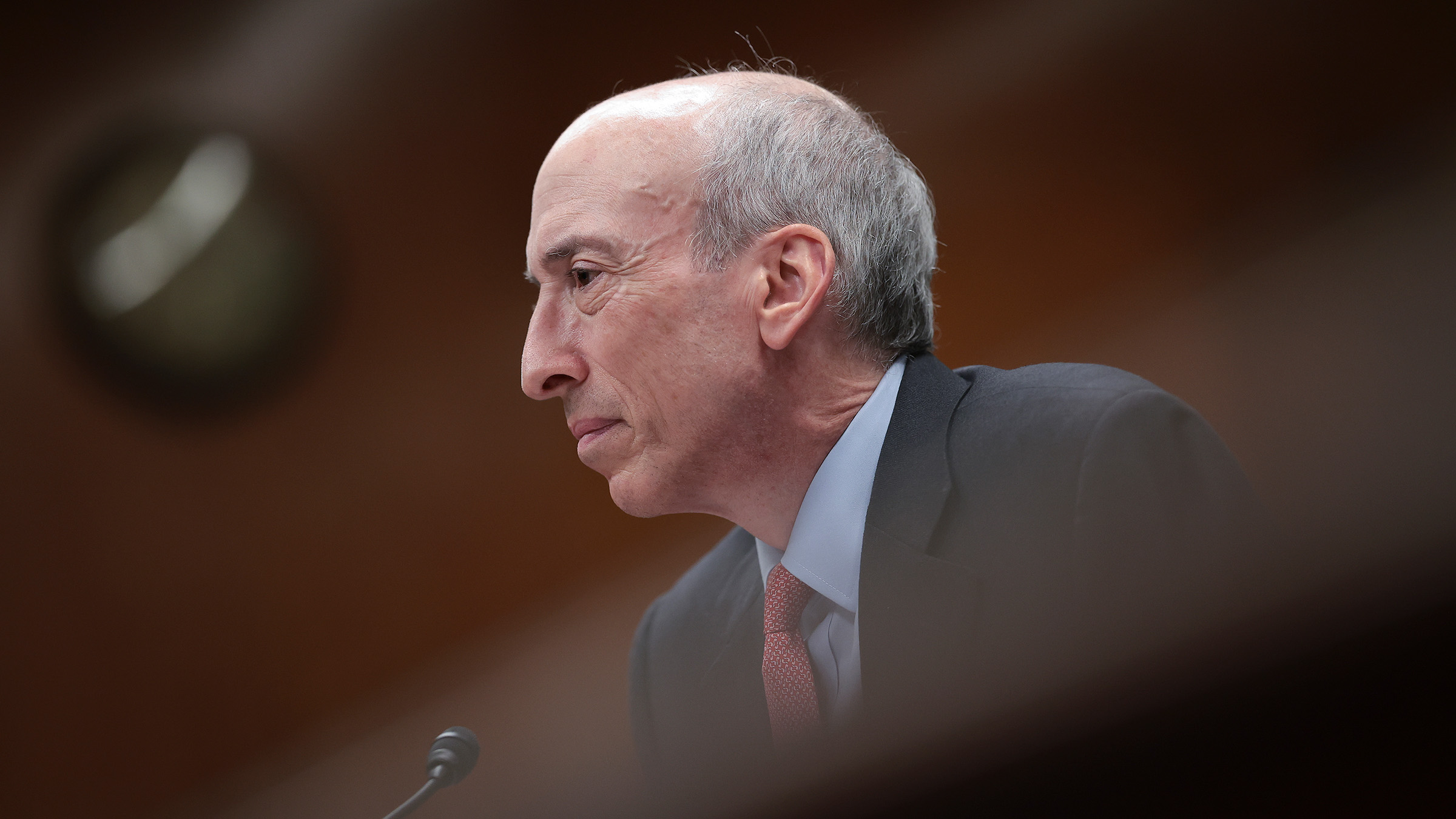FTC launches widespread investigation into tech companies' practices
Commission votes 4-1 on a sweeping foray into advertising, privacy, and content moderation


The Federal Trade Commission (FTC) has launched a wide-ranging investigation into nine social media and video streaming services’ privacy practices.
On Monday, the FTC sent orders to Amazon, ByteDance (TikTok’s parent company), Discord, Reddit, Snap, Twitter, WhatsApp, Facebook, and YouTube. The orders required the companies to provide data on how they collect, use, and present personal information.
They companies also had to explain their advertising and user-engagement practices and how their operations affected children and teens.
The FTC issued the orders under Section 6(b) of the FTC Act, which permits it to conduct wide-ranging studies, even if there’s no direct link to an enforcement order.
The orders, which demand the information within 45 days, go into considerable detail. The companies must provide monthly figures relating to their social media and video streaming services since January 2019, separated into desktop and mobile.
This data includes the number of registered, daily, and monthly active users, the time users spent on the service, and the number of sessions users launched in aggregate. It also includes the number of unique posts made separated by content category. They must also provide information about the number of views, likes, shares, and comments made on each service.
Companies must also provide the number of messages and status updates sent and their overall social graphs. They must report their advertising engagement across each advertising format and the average revenue per user, along with a catch-all "any other measure of user traffic, density, engagement, or activity used by the Company in the ordinary course of business."
Get the ITPro daily newsletter
Sign up today and you will receive a free copy of our Future Focus 2025 report - the leading guidance on AI, cybersecurity and other IT challenges as per 700+ senior executives
The FTC also requires the tech firms drill down to provide these figures by individual user groups, defined by age, whether or not they're Hispanic, Latino, or Spanish, and what country they're in.
The orders also call for companies to identify the user attribute they track for each separate service offered, along with the top 1,000 attributes most frequently used. They must explain how they share personal information and who with, along with policies governing those agreements.
A laundry list of other requests includes detailed information about advertisers, such as the number of bids in advertising auctions, and advertisers' return on investment.
Notable sections demand information about how the services moderate and promote the content users see, which has been a focal point for critics who worry about disinformation on social media sites.
The FTC's commissioners approved the order 4-1. In a joint statement, three commissioners said, "Policymakers and the public are in the dark about what social media and video streaming services do to capture and sell users’ data and attention. It is alarming that we still know so little about companies that know so much about us."
Voting against the order was Commissioner Noah Joshua Phillips, who called it "an undisciplined foray into a wide variety of topics, some only tangentially related to the stated focus of this investigation." He also criticized the dissimilarity of the recipients.
Danny Bradbury has been a print journalist specialising in technology since 1989 and a freelance writer since 1994. He has written for national publications on both sides of the Atlantic and has won awards for his investigative cybersecurity journalism work and his arts and culture writing.
Danny writes about many different technology issues for audiences ranging from consumers through to software developers and CIOs. He also ghostwrites articles for many C-suite business executives in the technology sector and has worked as a presenter for multiple webinars and podcasts.
-
 Cleo attack victim list grows as Hertz confirms customer data stolen
Cleo attack victim list grows as Hertz confirms customer data stolenNews Hertz has confirmed it suffered a data breach as a result of the Cleo zero-day vulnerability in late 2024, with the car rental giant warning that customer data was stolen.
By Ross Kelly
-
 Lateral moves in tech: Why leaders should support employee mobility
Lateral moves in tech: Why leaders should support employee mobilityIn-depth Encouraging staff to switch roles can have long-term benefits for skills in the tech sector
By Keri Allan
-
 IDC warns US tariffs will impact tech sector spending
IDC warns US tariffs will impact tech sector spendingNews IDC has warned that the US government's sweeping tariffs could cut global IT spending in half over the next six months.
By Bobby Hellard
-
 US government urged to overhaul outdated technology
US government urged to overhaul outdated technologyNews A review from the US Government Accountability Office (GAO) has found legacy technology and outdated IT systems are negatively impacting efficiency.
By George Fitzmaurice
-
 US proposes new ‘know-your-customer’ restrictions on cloud providers
US proposes new ‘know-your-customer’ restrictions on cloud providersNews The US aims to stifle Chinese AI competition with new restrictions on cloud providers to verify foreign data center users
By Solomon Klappholz
-
 SEC passes rules compelling US public companies to report data breaches within four days
SEC passes rules compelling US public companies to report data breaches within four daysNews Foreign entities trading publicly in the US will also be held to comparative standards
By Rory Bathgate
-
 US says National Cybersecurity Strategy will focus on market resilience and private partnerships
US says National Cybersecurity Strategy will focus on market resilience and private partnershipsNews The recently announced implementation plans alow for more aggressive action against ransomware gangs
By Rory Bathgate
-
 US ‘Tech Hubs’ drive aims to boost innovation in American heartlands
US ‘Tech Hubs’ drive aims to boost innovation in American heartlandsNews The development of the hubs will could help drive regional innovation and support for tech companies
By Ross Kelly
-
 Biden sets June deadline for $42 billion broadband funding outline
Biden sets June deadline for $42 billion broadband funding outlineNews The announced deadline come prior to a much-awaited update to the FCC's US broadband map, giving a clearer image of the internet challenges facing the nation
By Rory Bathgate
-
 FCC eyes formal ban of all Huawei, ZTE equipment sales
FCC eyes formal ban of all Huawei, ZTE equipment salesNews Approaching the deadline to pass such a ruling, companies such as Kaspersky face similar restrictions
By Rory Bathgate